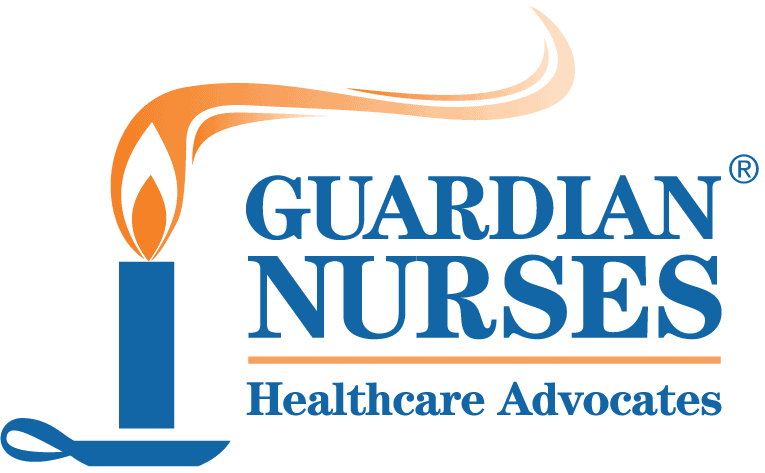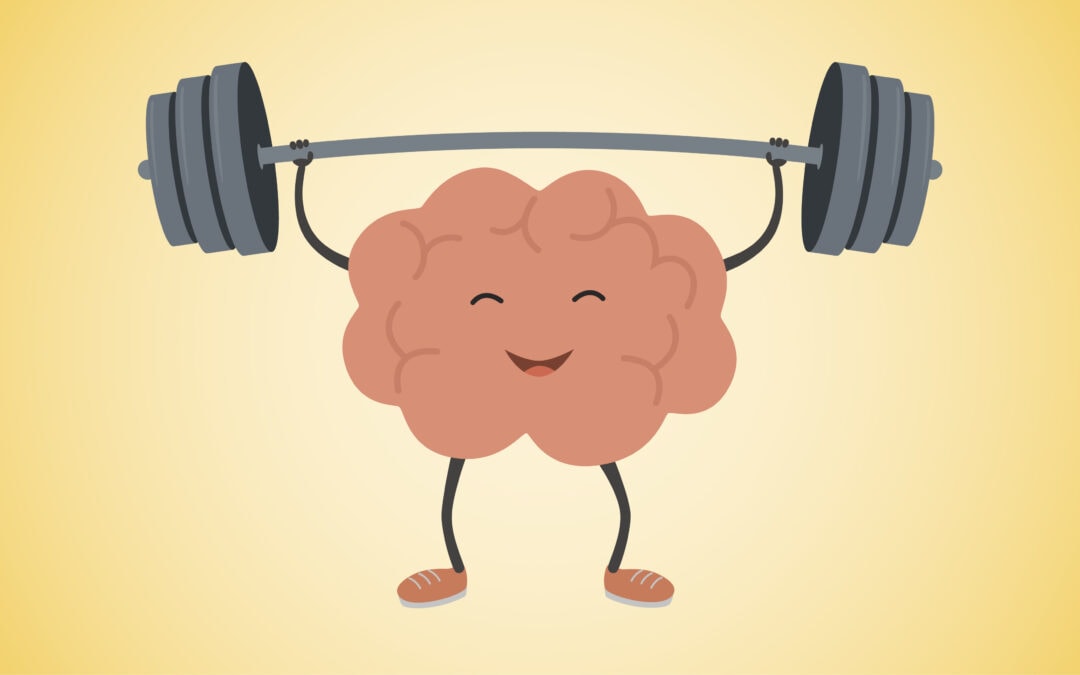It’s June! And that means besides being Pride month, and Men’s Health Month, it’s also Alzheimer’s and Brain Awareness Month. Worldwide, more than 55 million people are living with Alzheimer’s and other dementias. Depending on the type of dementia (and there could be over 99 varieties), the risk increases for people aged 65 and above.
Everyone has the occasional ‘senior moment.’ Who hasn’t wandered into the kitchen and thought, “What did I come in here for?” Or, how many times have you misplaced your keys? But while these mental hiccups may be bothersome, they usually don’t drive you to visit your healthcare provider.
In honor of Alzheimer’s and Brain Awareness Month, this issue of The Flame offers eight ideas for keeping your brain in good shape.
— Betty Long, RN, MHA, President/CEO, Guardian Nurses Health Advocates
Where Are My Keys?
As we age, most people focus on physical health problems—high blood pressure, acid reflux, and everyday aches and pains. And it’s common knowledge that If your mental health isn’t functioning well, your physical health will suffer as well.
The good news: Studies show you can boost your brain’s reserves and reduce your risk of losing your mind by adopting some basic health habits. Already in your ‘golden years’? Don’t worry. Research also shows the brain continues forming new connections throughout our lives. And you can help it along with these 8 brain-boosting strategies.*
- Try a new activity. Engaging in mentally challenging activities helps build a reserve of brainpower you can draw on for years. The key, of course, is choosing unfamiliar activities that you enjoy. Play chess, take up gardening or learn to play a musical instrument. It doesn’t matter what you choose, provided the activity is new to you.
Quick tip: If you’re a whiz at crossword puzzles, do a word search activity. Comfortable with writing exercises? Try your hand at drawing or painting. - Eat brain-boosting foods. Eating a diet rich in fruits, vegetables and whole grains, and low in saturated fat and sugar, can help protect brain networks. Studies consistently show that eating a mix of nourishing foods—fruits, vegetables, nuts, fatty fish, and yes, even a daily glass of wine—sharpens your mind, builds new brain cells and fights off mental decline.
Quick tip: Keep a stash of trail mix in your purse or glove box. The brain needs consistent fuel (at least every 3–5 hours) to function well. - Exercise. Research consistently links physical exercise with brain benefits, particularly in the regions of the brain responsible for learning and memory. But don’t worry. You don’t have to spend 90 minutes in the gym to experience exercise’s mind-boosting effects. Even moderate exercise (say jogging, cycling or even walking) for about 30 minutes daily can get the blood flowing to your head.
Quick Tip: Preliminary research suggests the perks of physical activity are more pronounced when combined with a mental challenge. So things like taking a dance class or practicing yoga may be especially beneficial. - Get some sleep. Getting sufficient sleep is one of the best things you can do for your brain. While researchers aren’t entirely clear what happens in the mind when you’re snoozing, they do know that sleep is critical for the body and mind to function at their prime. Sleep not only re-energizes the body’s cells and clears out waste products from the brain, it also promotes learning and memory. Quick tip: Aim to get 7-8 hours of sleep each night.
- Stay on top of your health conditions. Just as your mind can help protect your body, keeping your body humming can protect your mind. Health conditions ranging from diabetes and high blood pressure to depression and hypothyroidism can impact how well your brain functions.
Quick tip: Protect your memory by taking medications appropriately and reporting any changes in how your brain is functioning. - Learn a foreign language. Learning a second (or a third) language challenges the brain in new ways and may even delay the onset of dementia, according to recent research. Say you learn the word for mother in Spanish is “madre.” Initially, you may have to concentrate to remember that word, but if you practice, over time, it becomes part of your vocabulary. That easy recall proves your brain has laid down a new pathway.
Quick tip: Pick one night a week to speak in another language (however poorly), or stay silent and communicate with sign language. - Meditate. The brain needs time to restore itself and reflect. In fact, research links “thinking about not thinking” to a host of physical and mental health benefits. And emerging research suggests meditating regularly may even enhance your memory.
Quick tip: Take 10–15 minutes daily to quiet your mind and focus on only one thing: your breathing. Not only will you give your brain an opportunity to recharge, but the focused breaths will promote blood flow to it, too. - Connect. Maintaining close relationships requires a certain level of brainpower. Not only do you have to think fast to engage in conversation, but resolving conflicts, expressing emotions, and debating current affairs flexes mental muscles as well.
Quick tip: Develop friendships with people of different ages, races and ethnic backgrounds to increase the load on your brain. Processing differences in speech, tone, even the latest cultural lingo can challenge the brain to build new connections.
If you notice a change in your memory, or if you find that you’re struggling to think clearly, consider making an appointment to talk with your primary care provider.
* With thanks to: Alzheimer’s Association, Harvard Medical; Mayo Clinic

